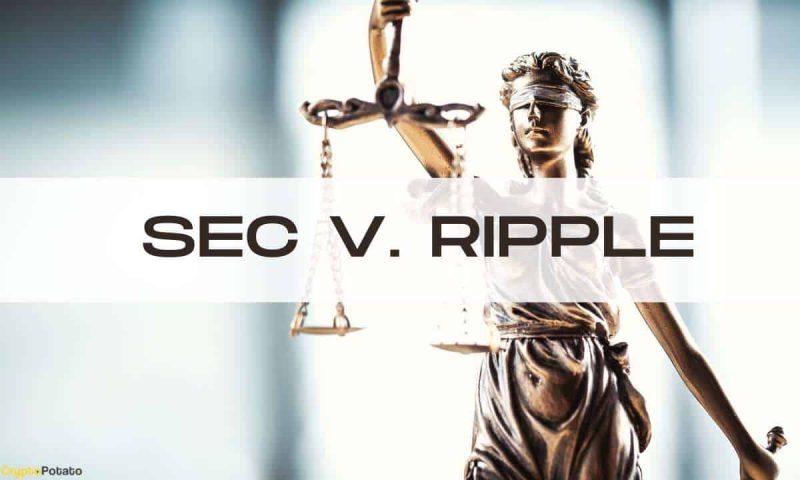The Ripple-SEC strife has been going on for months now, yet it shows no signs of wrapping up anytime soon. Nonetheless, time and again assertions have been made that the lawsuit would formally conclude by the end of this year.
Of late, however, both the parties have been filing back-to-back extension and opposition motions. Last week, the SEC had filed a letter motion to renew its assertion that the attorney-client privilege protected internal documents w.r.t. Hinman’s [the then director of the SEC’s Division of Corporation Finance] 2018 speech.
Ripple calls out SEC’s “ridiculous” litigation tactics
In what is the latest development, Ripple filed a motion opposing the SEC’s request. Ripple’s lawyer Solomon claimed the SEC’s request to file “what they term a “reply” would be at least the SEC’s 6th filing in opposition to the Defendants’ motion to compel.
Their motion further noted,
“The SEC’s request to file such a sur-reply, unsupported by any justification and before even seeing Defendants’ response to their latest filing, is both inappropriate and premature.”
A sur-reply is, as such, an additional reply to a motion filed after it has already been fully briefed. Notably, since Ripple filed the said motion to compel back last year, the court has already overruled the SEC’s “improper deliberative process privilege objections” twice.
Pointing the fingers straight at the SEC, and highlighting how ‘ridiculous‘ the SEC’s litigation tactics w.r.t. Hinman mails are Ripple, noted,
“The SEC now claims… that the last year of briefing, oral argument, the Court’s decisions, and their motion for reconsideration, were all an academic exercise because it turns out that the documents (every single one of them) are actually privileged attorney-client communications.”
Now, even if the judge allows the SEC to file the sur-reply, attorney Jeremy Hogan pointed out that it was a good sign that Ripple has taken off its gloves and has started calling out the agency’s delay tactics strongly.
The Ripple’s motion concluded by noting,
“Further delay is prejudicial to Defendants.”





